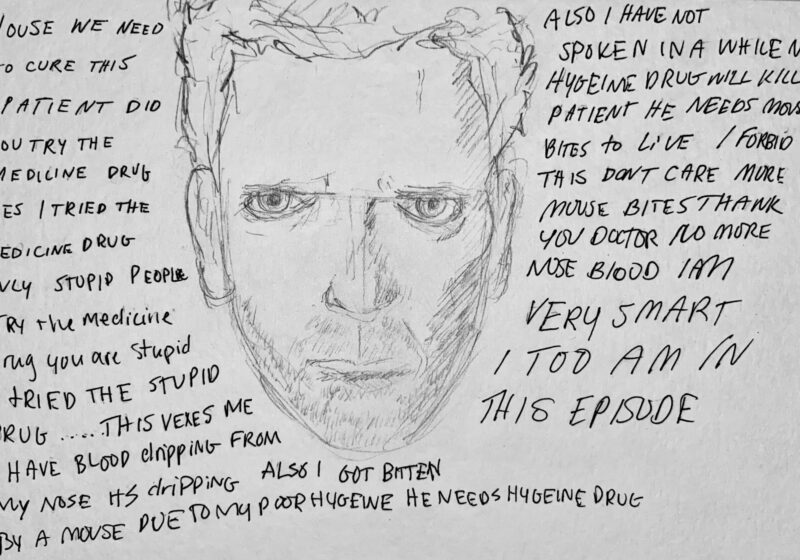Technological achievements, especially regarding communication, are often initially regarded as a step back for society. These hesitations are often brushed aside as useless nostalgia in the light of improvement; however, they are important to consider. When writing became increasingly used in teaching, Plato, the classical Greek philosopher, lamented that ‘If men learn this, it will implant forgetfulness in their souls; they will cease to exercise memory because they rely on that which is written, calling things to remembrance no longer from within themselves, but by means of external marks.”
For thousands of years, at least up until their encounters with Westerners, Asian belief systems such as Buddhism were handed down orally and spread, with surprising accuracy, throughout millions of people and dialects.
Yet, writing allowed these traditions to be taken from their place of origin and shared around the world. Through the wonders of translation and transcription, people throughout Europe were exposed to thousands of years of thought and philosophy without the tiresome obstacles of language and memorization.
Subsequently significant was the printing press, then the typewriter, word processing and finally, the Internet.
The Internet, lauded as the world’s first truly democratic medium, is our most recent communication revolution that lets anyone in reach of a computer or cell phone access up-to-the-minute news and information from anywhere around the globe.
It is also sometimes portrayed as the solution to today’s ever-increasing media conglomeration; as a supposedly vast, unregulated, uncensored resource of diverse perspectives, public self-expression and equal opportunity, it is the antithesis of the syndicated mass appeal broadcasts of powerful, biased corporations.
In the name of progress, we’ve come a long way from the face-to-face oral traditions of our ancestors. For each invention, convenience or shortcut, tradition, artistry and individuality the very things a society is based on are lost. People have always feared for the future. Now, in our increasingly homogenized global economy, we may begin to see why.
It has been said that we are facing a glut of information that education is devalued by the ability to Google any topic under the sun, and then, just as quickly, forget it.
Furthermore, it is impossible to control. Though it is now possible for anyone to operate a blog and express his opinions to the world, these opinions are not necessarily well-informed or reasonable. There is no way to correct all the misinformation on Wikipedia, let alone the Internet in general especially before it has been read by others.
Larry Page of Google has said that one of the company’s long-range projects is the study of artificial intelligence. He described this vision at a conference: ‘The ultimate search engine would understand everything in the world. It would understand everything that you asked it and give you back the exact right thing instantly…You could ask, “what should I ask Larry?’ and it would tell you.” Eventually, we will be able to Google, maybe even G-chat, from the chips in our brains. If and when this comes to fruition, why would you ever leave your house?
Hass is a member of the class of 2010.




